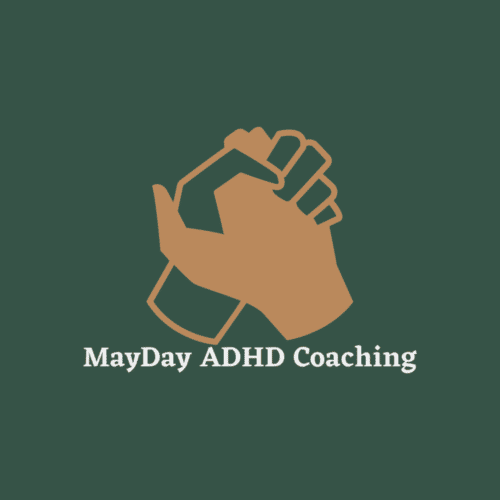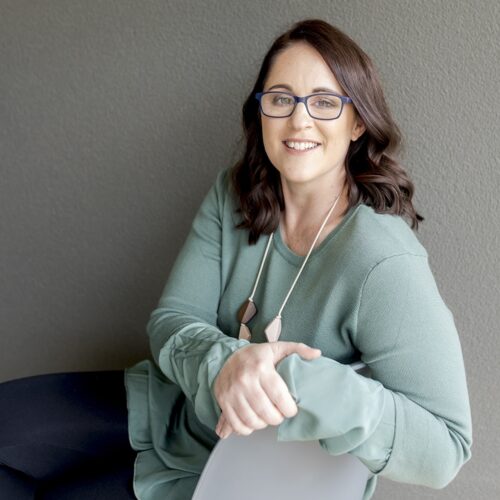- Article
- prev
- next
- Bookmark Article
- Share Article
- prev
- next
Attribution Details
Article: How to find a life coach to help me achieve my goals?
Written By: Libby Hogan, Coach Connect Australia
Originally Published: Coach Connect Australia
Article Content
A life coach can help you set out realistic goals, and work towards achieving them. We’re all guilty of setting ourselves targets that we never achieve. A prime example is New Year’s resolutions. At least 80% of Australians set these goals each year, yet only two weeks later we’ve already given up.
But what if you could work with someone that actually helped you fulfil your dreams? This guide will look at how to find a life coach that helps you achieve your goals.
What Is A Life Coach?
A life coach is a partner who will help you identify and work towards achieving your personal or professional life goals. You might want to launch a new business, overcome a fear of public speaking, or feel like you are stuck in a professional rut you want to get out of. They will help you identify potential obstacles and work with you to achieve a clear plan that outlines and achieves these goals.
They are different from a counsellor. A counsellor will help you work through personal trauma, depression, or anxiety. Life coaching will help you to achieve goals in life, like writing a book, changing your mindset, or getting a promotion.
A coach might help you identify which life events have made a significant impact on your life. However, the aim of identifying what matters to you will be to use this to achieve your goals, rather than addressing any mental health concerns.
What Does A Life Coach Do?
A life coach will help you identify and outline a plan to achieve your goals through several sessions. Many offer packages of three to six month periods and may offer monthly sessions after this where you can help work through the plan you have outlined together. The type of packages that they offer will vary from coach to coach.
When you find a life coach you would like to work with, they may give you a detailed questionnaire to fill in. This is because it helps them tailor the sessions to your unique goals and purpose.
Throughout your coaching, you will be required to complete tasks that help you better determine what your goals are and how you want to achieve them. You will often need to send this to your coach ahead of the next session so you can make the most out of the work you do together.

Initial sessions will focus on getting to know you and finding out what you enjoy doing. This is important because the better the life coach gets to know you, the more assistance they can provide in helping you achieve your goals. Later sessions will really help you drill down into your goals and make sure you have a clear plan for working towards them.
You will need to talk during your coaching sessions, both to verbalise what you are hoping to achieve, learn more about yourself, and help your coach get to know you. The more you contribute to each session, the closer you will be to capturing and working towards your goals.
At the end of your sessions, you will have some more precise ideas of what you want to achieve, and how to get there. You might have a really set and focused idea of goals, or realise that you want to do further research into certain areas before you know what you want to do.
What Topics Do Life Coaches Cover?
Life coaches can help you assess and set out goals for achievements in your personal and professional life. Some of the areas include:
- ADHD Coaching
- Anxiety Coaching
- Autism Coaching
- Business Coaching
- Career Coaching
- Confidence & Mindset Coaching
- Executive & Leadership Coaching
- Finance & Wealth Coaching
- Grief & Trauma
- Health & Wellbeing Coaching
- Life Coaching & Personal Development
- Marketing & Sales Coaching
- Parenting & Family Coaching
- Relationship Coaching
Although some of these topics might overlap with health (e.g. mental health), a life coach will not treat or work through mental health conditions as a therapist will. A coach will help you set goals to manage or work through the impact these have on your daily life.
What Techniques Do Life Coaches Use?
Life coaches use a variety of techniques to help you better understand yourself and identify your goals. When you find a life coach online or search for ‘life coach near me’, they may outline some of these core techniques on their website. Such as:
Personality Quizzes
Life coaches may have you fill out a personality quiz, like 16 Personalities, or a DISC profile assessment. The purpose of these quizzes is to help you understand who you are, and how you like to work. They are intended as a guideline or basis for discussion and help the coach get to know you better.

Visualisation Techniques
Visualisation techniques are ways to imagine what you would like to achieve in the future. They help you think about how that would look if you achieved it today. Your coach might ask you to close your eyes and explain what your life looks like in five years time, or have you complete a written exercise that lets you capture this in writing. The aim of visualisation techniques is to help you define what goals you want to work towards overtime.
Written Assignments
Your life coach may set you some tasks to complete after each session, like:
- Writing down your core skills or what achievements you are most proud of
- Establishing your core values and your methods of working
- A skill matching or ranking activity
- A creative writing technique relating to your goals
Reframing Techniques
Reframing techniques are ways to help you look at situations in a different way. They can help you identify negative thought patterns, and challenge certain ways of thinking. Reframing techniques ultimately help you to replace negative thinking with more optimistic and productive thought patterns.
Supplementary Reading
Your life coach may suggest some literature that helps you break certain habits or consider certain mindsets, e.g.:
- The Chimp Paradox by Steve Peters
- Atomic Habits by James Clear
- Feel the Fear and Do It Anyway by Susan Jeffers
These are usually recommended to supplement your coaching and won’t need to be read ahead of sessions.
Life coaches will use many different techniques depending on the reason you have approached them and what you hope to get out of the sessions.
How Do I Know If I Need To Find A Life Coach?
If you frequently feel stressed, annoyed, or anxious about something you want to address in your life, you may benefit from a life coach. You may also feel dissatisfied at work, constantly fail to break certain habits or feel a lack of fulfilment in your personal life. If you feel like this, when you find a life coach, you will receive assistance in identifying why you feel this way and a plan for moving past these obstacles in your life.
If you feel this way, you are not alone. In fact, as many as 57% of Australians are considering a career change to find a career with more earning potential, pursue their passion, or do something more fulfilling. As such, Life coaching is becoming increasingly more popular as many of us want to make a change and need some support in identifying what we want to do with our lives.
Are There Any Limitations To Life Coaching?
Life coaching is not a replacement for counselling. If you need mental health support, then talking to a healthcare professional should be your first point of call. If you want to work with a coach that helps you break addictions or negative thinking, they should have undergone additional training or obtained qualifications targeted toward these health conditions.
When you approach a life coach, you should ask to see their qualifications, training or experience. Some forms of life coaching overlap with mental health, dietary or fitness coaching. If this is the case, they should be able to provide evidence they have the required qualifications in this field.
Life coaching also doesn’t yield instant results. You may come to the end of your sessions and realise you need to research certain areas further. Life coaching relies on you putting in some work to achieve your goals, as a life coach cannot do this for you.
Finally, you need to have a good professional relationship between yourself and your coach. Most offer an initial free consultation to see if the partnership is a good fit before you book a series of sessions.
How Do I Find A Life Coach Near Me?
Coach Connect Australia is a comprehensive online directory of business and life coaches. We also provide articles and events to help people looking for or working with a coach. Our aim is to be the ultimate resource for those looking to make a change in their lives.
You can find a life coach near you by searching our directory to start your journey towards changing your life today. Remember though, that many coaches offer their services online so you don’t have to be restricted by geography! Plus, to get the best outcome, it’s better to choose a coach that specifically matches your needs, not your postcode.
All the best!
Disclaimer: Coach Connect Australia is not responsible for the content published by our contributing authors. The views, thoughts, and opinions expressed in this article belong solely to the article author. The content is designed to support, not replace any kind of professional or medical treatment.
Meet the Author:
Explore More Categories:
- ADHD Coaching
- Anxiety Coaching
- Autism Coaching
- Business Coaching
- Career Coaching
- Confidence & Mindset Coaching
- Executive & Leadership Coaching
- Finance & Wealth Coaching
- Grief & Trauma Coaching
- Health & Wellbeing Coaching
- Life Coaching & Personal Development
- Marketing & Sales Coaching
- Parenting & Family Coaching
- Relationship Coaching
- Separation & Divorce Coaching






